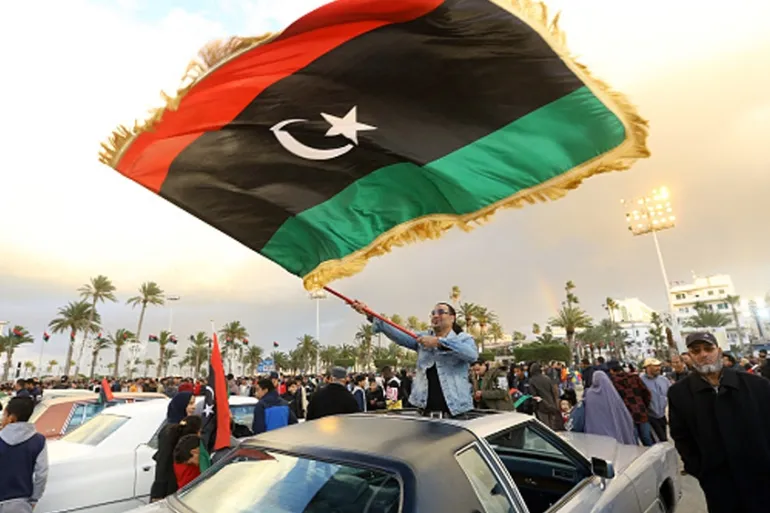
Libya’s two main political chambers, the House of Representatives and the High Council of State, have agreed to restructure the High National Electoral Commission, marking a significant step toward reviving the country’s long-stalled political process.
The announcement followed a meeting in Benghazi between the sovereign positions committees of both bodies. Abdullah Blihiq, spokesman for the House of Representatives, confirmed on Facebook that the committees had reached consensus to reorganize the commission’s board within ten days.
A subsequent meeting is planned to discuss other strategic state functions, though no date has yet been set.
“This decision is part of the United Nations-backed roadmap, which calls for a restructuring of the Electoral Commission to strengthen its legitimacy and effectiveness,” the statement read.
Officials emphasized that free and credible elections remain a cornerstone of Libya’s stabilization efforts, making the reform of the electoral body a priority.
Since the 2015 Skhirat Agreement, appointments to key sovereign positions in Libya have required consensus between the two chambers.
This mechanism, designed to balance power, has often contributed to political deadlock, with both sides vying to maintain influence over critical state institutions.
Saturday’s breakthrough is therefore being seen as a crucial test of their ability to overcome institutional obstacles and work toward unified governance structures.
Observers note that a fully restructured electoral commission could pave the way for credible national elections, which are considered essential to ending years of political fragmentation and intermittent conflict.
The international community, including the United Nations, has repeatedly emphasized that the legitimacy and independence of the commission are vital for Libya’s long-term stability.
While challenges remain, the agreement signals a rare moment of cooperation between the House of Representatives and the High Council of State. If successfully implemented, the restructuring could restore confidence in Libya’s electoral system and provide momentum for broader political reconciliation.
The coming days will be critical as both chambers begin implementing the agreed changes, setting the stage for a renewed push toward national elections and the consolidation of state institutions.



